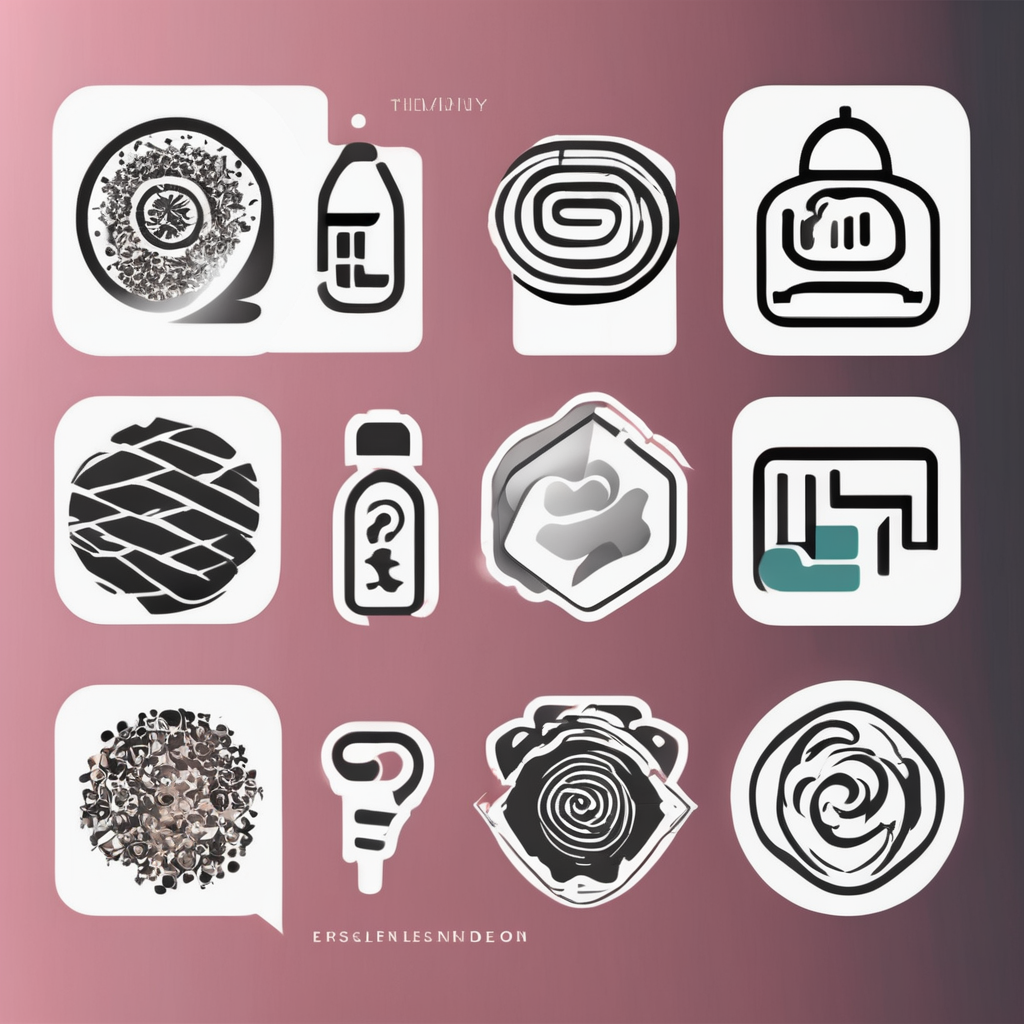Overview of Special Needs in Dental Care
Special needs dentistry is dedicated to addressing oral health challenges for individuals who experience barriers due to physical, developmental, mental, sensory, behavioural, cognitive, or emotional impairments. This specialized field is integral in providing customised care to improve their overall oral health.
Oral health challenges for special needs patients are often complex and varied. Many may struggle with maintaining regular oral hygiene due to physical limitations or may have difficulty communicating discomfort or pain. Common conditions include higher susceptibility to gum disease, tooth decay, and bruxism.
Have you seen this : Effective Approaches for UK Mental Health Counselors: Navigating Dual Diagnosis in Patients
The significance of patient-centered care in dental practices cannot be overstated. Tailoring care plans to individual needs ensures more effective outcomes and builds trust between the patient and the provider. Implementing this approach means considering the patient’s health history, preferences, and social circumstances, enabling dental professionals to foster a supportive environment.
Dentists and hygienists must remain adaptable and sensitive towards each patient’s unique circumstances. Patient-centered care enhances not only health outcomes but also ensures compliance and comfort in ongoing dental visits. This holistic approach ensures that special needs patients receive optimal care that respects their individual conditions and improves their quality of life.
Have you seen this : Innovative Approaches for UK Adolescent Health Experts to Combat the Surge of Teenage Mental Health Challenges
Innovative Strategies for Supporting Special Needs Patients
Advancing innovative dental strategies is crucial in effectively addressing the needs of special needs patients. Embracing the latest patient support techniques allows for tailored and comprehensive care. One example is the implementation of sedation dentistry, a method which alleviates anxiety and facilitates more comfortable treatments for individuals with severe dental phobias or sensory issues.
A notable case study involves the integration of adaptive tools, such as mouth props and specialised toothbrushes, which greatly assist those with limited mobility. These solutions enhance accessibility and empower patients to maintain oral hygiene more independently. Furthermore, techniques like cognitive-behavioural therapy (CBT) can prove invaluable in managing behavioural challenges during dental visits by promoting a calming and supportive environment.
Incorporating advanced care methods into daily practice requires dental teams to continuously adapt and learn. Practical tips, such as customising appointment schedules to accommodate the unique timing needs or adjusting lighting and sounds to ease sensory sensitivities, can significantly improve patient experiences. Adopting these strategies not only addresses current oral health challenges but fosters a proactive and inclusive approach to dental care, ensuring all patients receive the dignity and respect they deserve.
Best Practices in Communication and Empathy
Effectively communicating with special needs patients requires a combination of skilled communication strategies and genuine patient empathy. Dental professionals should adopt clear, simple language tailored to individual understanding levels, ensuring instructions are both accessible and actionable. It’s essential to be patient and allow extra interaction time, fostering a supportive atmosphere.
Developing empathy significantly improves patient-provider relationships. Practitioners should attentively listen and demonstrate understanding of patients’ concerns, enhancing trust and cooperation. Encouraging patients and their families to share their oral health goals can guide treatment planning and ensure comprehensive care.
Role-playing and training exercises offer valuable opportunities for dental teams to hone their interpersonal skills. By simulating real-life scenarios, practitioners can practice diverse communication approaches and reflect on patient interactions. This experiential learning boosts confidence and empathy, allowing teams to better address the unique needs of special needs patients.
Investing in ongoing training and practice in communication and empathy not only enhances care quality but also promotes inclusive and patient-focused environments. By prioritising these core skills, dental teams ensure they can meet the nuanced needs of their patients while maintaining professionalism and compassion.
Visual Aids and Techniques for Enhanced Understanding
Utilising visual learning tools in dentistry can significantly boost comprehension, particularly for special needs patients. These aids help simplify complex concepts, making oral health more approachable and manageable.
Infographics on Oral Health Care
Infographics serve as a powerful tool to convey vital oral health information in a visually engaging manner. They break down intricate details into easily digestible formats, thus aiding in disease prevention and promoting self-care among diverse patient groups.
Instructional Videos on Innovative Practices
Instructional videos offer an effective medium to demonstrate innovative dental techniques. They allow patients and caregivers to observe and better understand procedures before, during, and after dental visits. This familiarity can ease anxieties and foster active participation in their healthcare.
Visual Aids for Patient Education
Creating patient education materials tailored to the audience’s requirements ensures the information is accessible and applicable. Customised visual aids, like leaflets or pictorial guides, can depict daily oral care routines, accommodating both literacy levels and sensory preferences.
By incorporating these visual techniques, dental professionals enhance service delivery, making information more memorable and actionable. Ultimately, these resources empower patients, promote informed decision-making, and contribute to a patient-centered care environment that respects individual needs.
Relevant Legal Frameworks and Ethical Considerations
In special needs dentistry, understanding dental ethics and adhering to legal guidelines is crucial. Dental professionals are obligated to comply with legislative standards that protect the patient rights of individuals with special needs. This includes ensuring accessibility in facilities and guaranteeing informed consent, where information must be communicated effectively and understood by patients or their guardians.
Ethical considerations extend beyond legal obligations, emphasizing the importance of respect and dignity in treatment approaches. These considerations require practitioners to adopt a patient-centered focus, where the individual’s preferences and specific needs are prioritized. Ethical practice involves involving patients in decision-making and tailoring treatment plans that align with their best interests.
Case law examples serve as precedents highlighting the importance of professional responsibility. For instance, cases where informed consent was inadequately obtained can lead to revisions in practices ensuring more thorough communication and understanding checks. Such examples emphasize the importance of combining ethical standards with legal compliance to foster an environment of trust and respect.
Ongoing education and familiarization with current legal developments are vital for dental teams to maintain ethical practices while upholding all necessary legal standards.
Resources for Ongoing Education and Support
Continuing professional development is essential for dental professionals intent on providing exceptional care to special needs patients. By engaging in targeted courses and certifications, practitioners expand their expertise, staying abreast of evolving practices in special needs dentistry.
Dental hygienists can bolster their proficiency by undertaking specialized training. Many institutions offer programs focused on the nuances of caring for diverse patient populations. Such educational pursuits are indispensable in honing the skills necessary for patient-centered approaches.
Beyond formal education, a wealth of educational resources exists to cultivate understanding. Comprehensive guidebooks, journal articles, and credible websites serve as invaluable aids. These resources enable practitioners to glean insights into innovative treatment methods and advancements in oral health challenges.
The importance of community cannot be overstated. Professional networks provide forums for sharing experiences and strategies, fostering collective growth. Participation in these communities empowers dental teams to collaborate and support each other in addressing complex scenarios.
Prioritizing continuous learning ensures practitioners are well-equipped to meet the distinct needs of their patients. By actively seeking out knowledge and fostering professional relationships, dental teams can significantly enhance the quality of care they provide.
Visual Aids and Techniques for Enhanced Understanding
Visual learning is an essential tool in enhancing comprehension for individuals with special needs in dental care. It breaks down complex concepts into manageable pieces, aiding both patients and caregivers in understanding and participating more actively in oral health care.
Infographics on Oral Health Care
Infographics are an effective method to convey vital oral health information, transforming intricate data into clear, visually appealing designs. They provide insights into key dental techniques and preventive measures, making oral health discussions more engaging and informative for diverse audiences.
Instructional Videos on Innovative Practices
Instructional videos are another powerful tool, offering visual demonstrations of innovative dental techniques. By watching these videos, patients and caregivers gain familiarity with procedures, reducing anxiety and fostering a supportive atmosphere during dental visits. They are particularly beneficial in explaining advanced care methods in an easily digestible format.
Visual Aids for Patient Education
Creating customised patient education materials tailored to each patient’s needs enhances accessibility and understanding. Using visual aids like pictorial guides and illustrations can effectively communicate daily oral hygiene routines and other essential practices, accommodating various literacy levels and sensory preferences. Through these innovative tools, dental practitioners can deliver more personalised, effective care to special needs patients, promoting informed decision-making and sustained oral health improvements.


